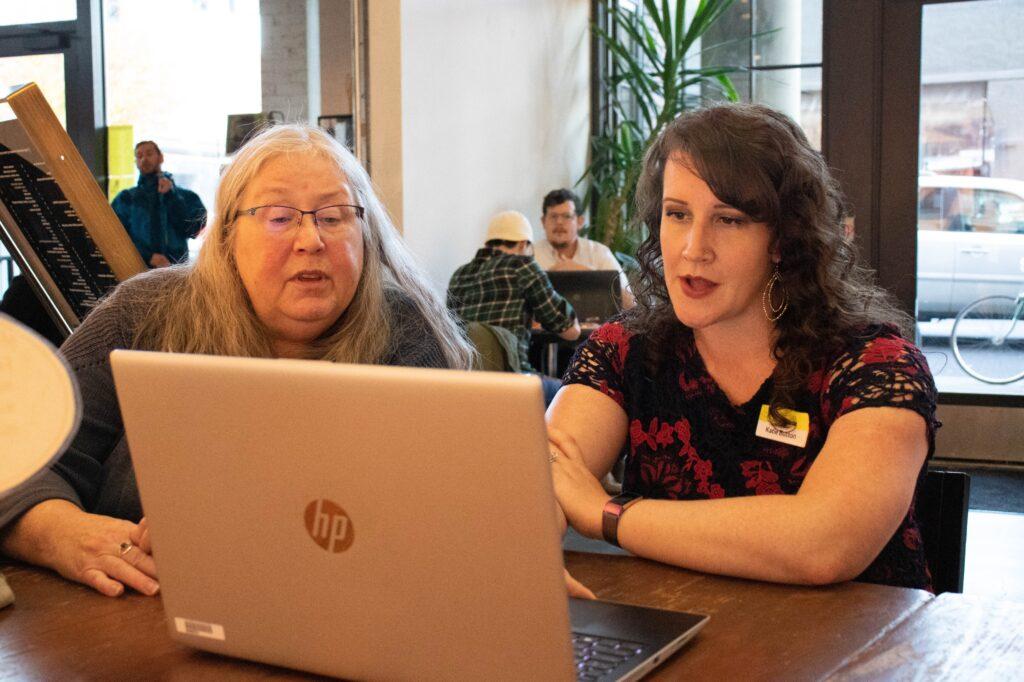
This article has been updated to incorporate additional reporting.
The Oregon Health Authority has extended a public comment period for a new program, one intended to help the working poor but which also would have the effect of raising health care costs for people of slightly higher incomes.
Meanwhile, Kaiser Permanente is asking the state to put the program on hold until those impacts can be curbed, saying the blueprint for what’s known as the Basic Health Program needs more work.
The agency shared the decision to extend the public comment with The Lund Report on Monday. The period had been set to expire June 9, but now will extend through July 1.
On June 7, The Lund Report published an article that shared details of how the new program would eliminate premiums and cost-sharing for as many as about 100,000 people who make too much to qualify for the Oregon Health Plan and who make less than 200% of the federal poverty level. It also quoted a Multnomah County health official who co-chairs the state's Medicaid Advisory Committee, who urged the state to "reconsider" public engagement around the proposal.
“The only reason I heard about public comment was because I was formally a part of this committee. So it didn’t show up in other community forums I participated in; it didn’t show up in the places where I access health care,” said Adrienne Daniels, co-chair of the agency’s Medicaid Advisory Committee and a top clinical services manager for the Multnomah County Health Department.
Asked why the comment period had been extended, a state spokesperson said it resulted from an earlier decision to push back the Oregon Health Policy Board's decision on the plan to August, instead of July. That decision had been made to accommodate a request for formal consultation on the plan received from representatives of federally recognized tribes in Oregon.
“Given the extra month of time it made sense to also extend the period for public comment,” the spokesperson said in an email.
The program would reduce the rate at which people come on and off the Oregon Health Plan, known as churn, which disrupts care and often leads to people going without coverage. State data also suggests the new program would reduce racial and ethnic disparities.
Without the program, the state estimates as many as 20,000 people who are soon to be disenrolled from the Oregon Health Plan could lose coverage.
The program also would have the effect of raising health insurance premiums for tens of thousands of Oregonians who make too much to qualify for the program. Nearly 20,000 people will see increases of more than $900 a year, according to one insurer. Specifically, some peoples' premiums would go up who receive subsidies through the Oregon health insurance marketplace, particularly those who have gold- or bronze-rated plans
While lawmakers who launched work on the program and the task force that designed it knew that some premiums could increase, they had instructed agency officials to formulate measures to curb those premium hikes — as some reformers had urged as well.
State health officials are now pushing the program forward without the premium hike controls that lawmakers had envisioned. That’s because the federal government rejected the state’s two proposals for curbing the increases as impractical, and the state rejected federal officials’ idea for curbing premiums as carrying too much of a risk to the state’s finances. Officials argue that not all the impacts will fall in the first year, because not everyone who is eligible will sign up right away.
Before the initial deadline hit of June 9, the state received numerous comments on the proposal, including many from groups that supported it, such as the Oregon Nurses Association, the Eugene-based HIV Alliance and Oregon State Public Interest Research Group, among others.
Maribeth Guarino, a health care advocate for OSPIRG, urged the state to not only push forward the program to help address health care needs, but continue to pursue health care cost containment for everyone. “Oregonians above 200% (of the federal poverty level) still struggle with high premiums and health care costs on the individual marketplace, as do small business owners and their employees.”
However, two insurers expressed concerns about the premium increase information, one of which said noted only been shared “very recently.”
Richard Blackwell, head of government affairs for PacificSource, said that the insurer supported the program, but urged the Oregon Health Authority to work with insurance regulators at the Department of Consumer and Business Services to adopt measures “to seriously address this potentially looming impact to health care premiums.”
His letter noted that the agency has shared information that about 30% of those enrolled in Oregon’s health insurance marketplace — where more than 130,000 Oregonians shop for plans — would see premium increases of more than $25 a month.
Jeff Collins, president of Kaiser Permanente of the Northwest, urged state health officials to pause the program until measures to curb the premium hikes could be formulated.
“Ensuring Oregonians have affordable access to health care is critically important and a project this complex demands more time, attention and resources. Without adequate strategies to plan and mitigate impacts to the marketplace, we potentially imperil affordable care for thousands of Oregonians.”
Public comment on the program can be emailed to [email protected] or mailed to: Health Policy and Analytics Bridge Program Team Attn: Joanna Yan 421 SW Oak St Suite 875 Portland, OR 97204.